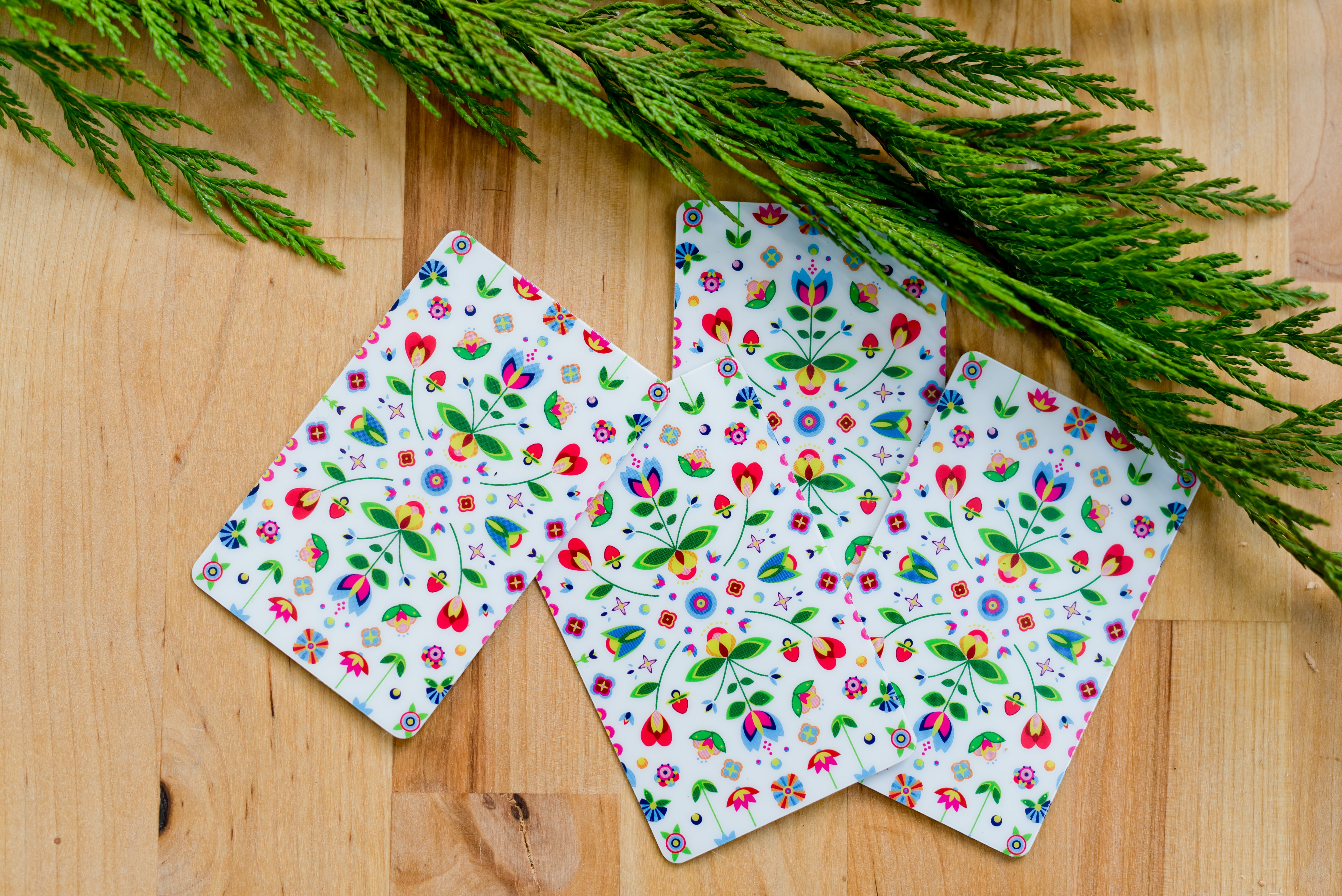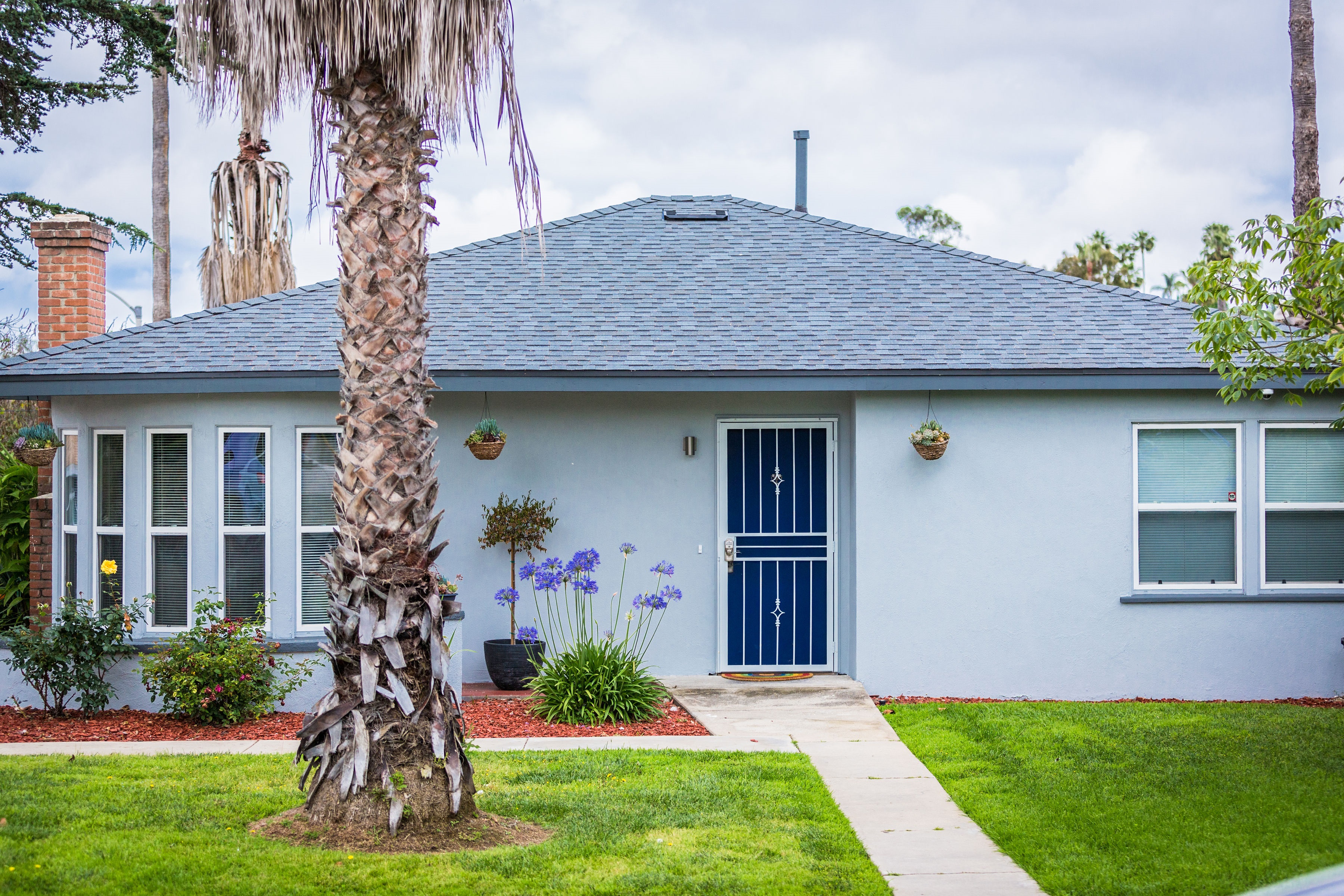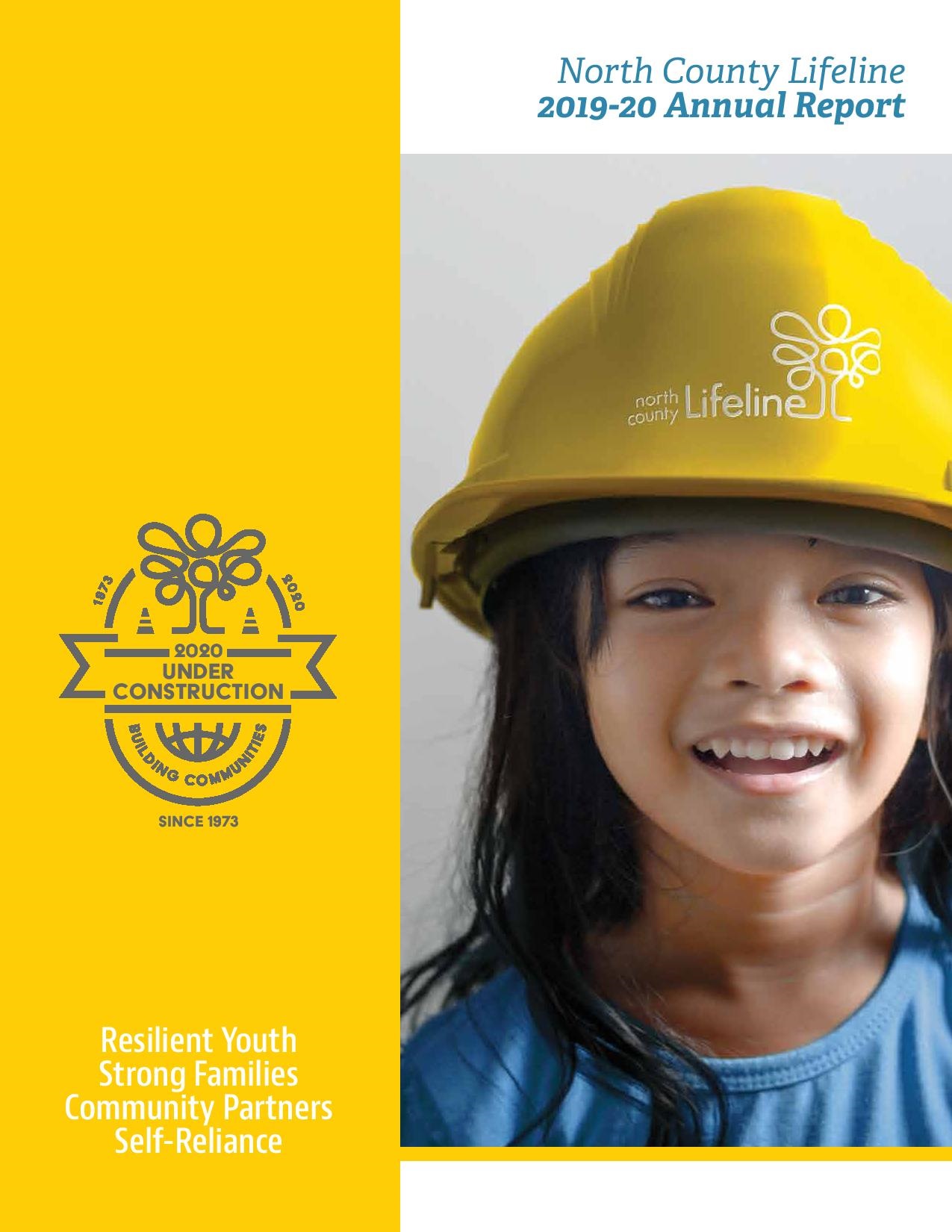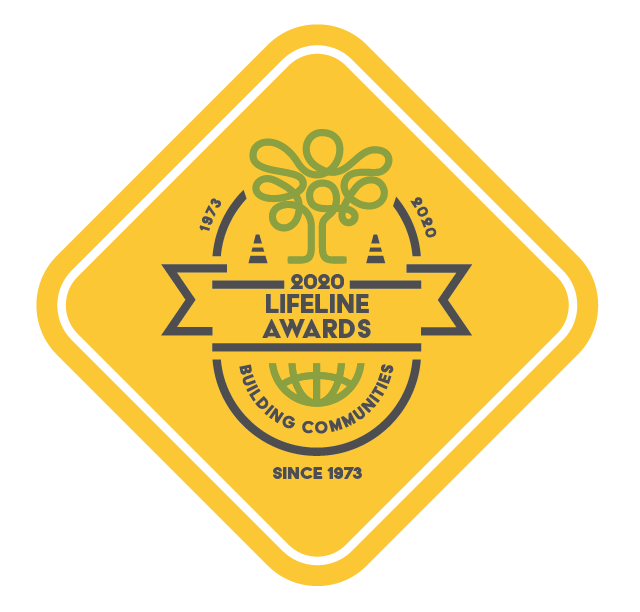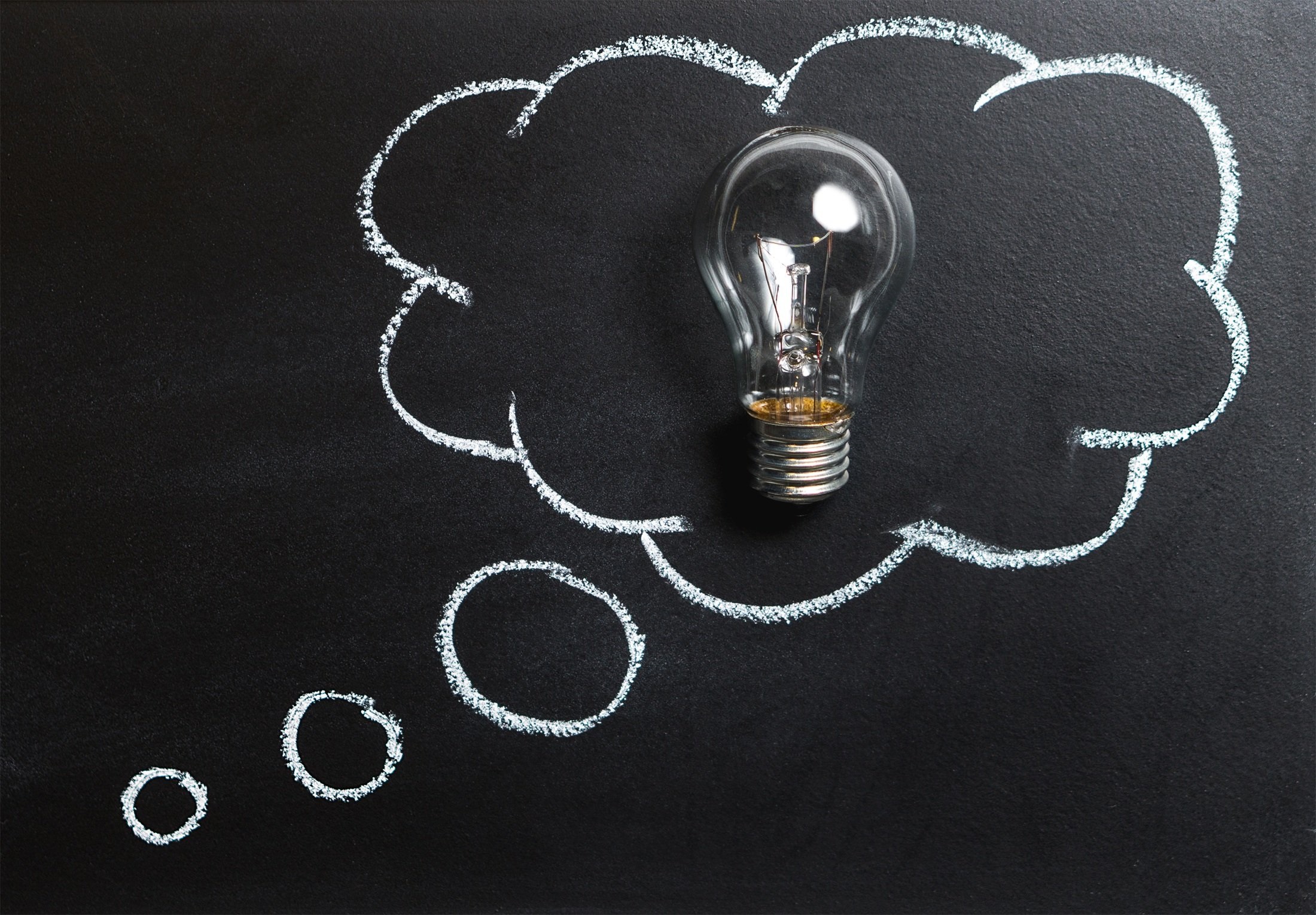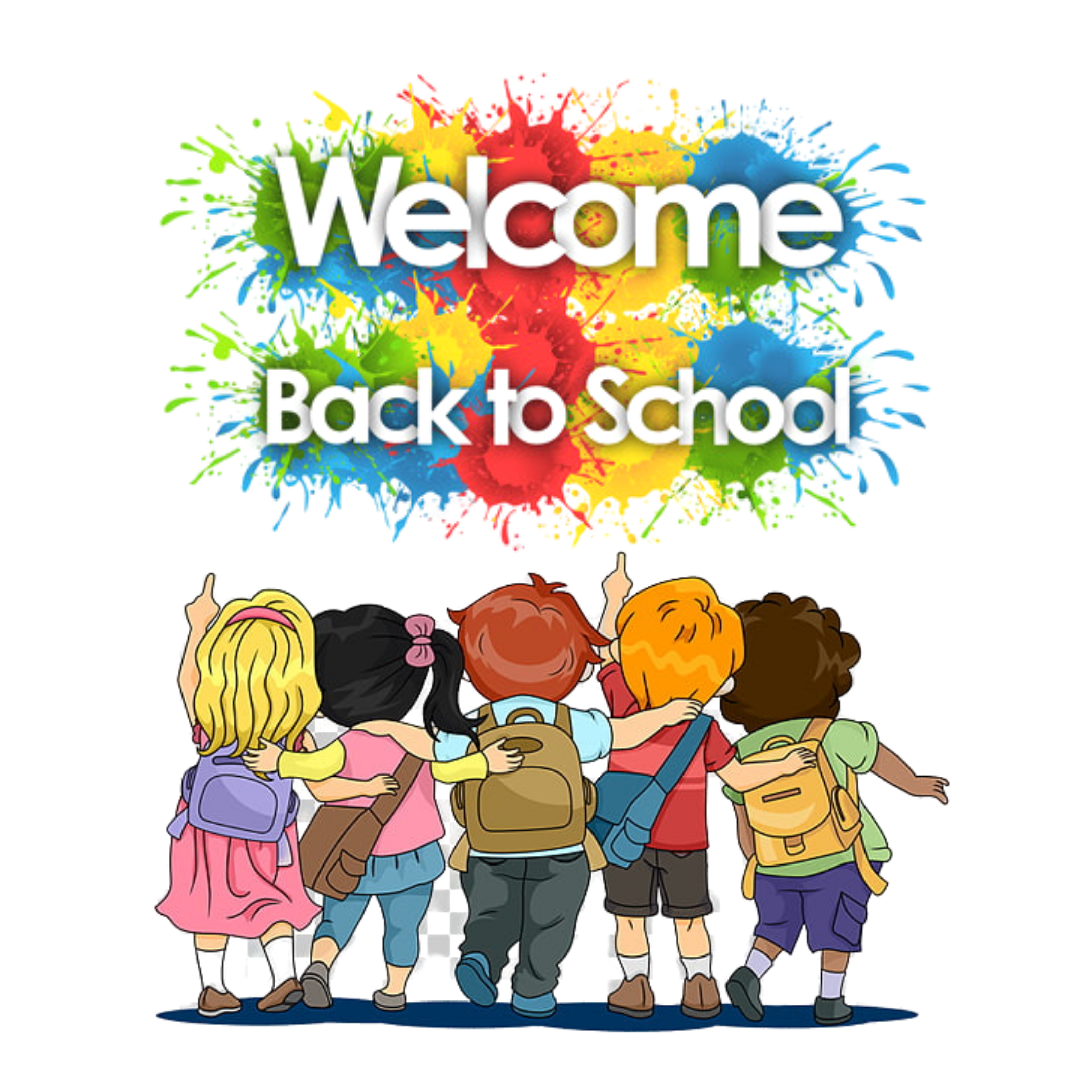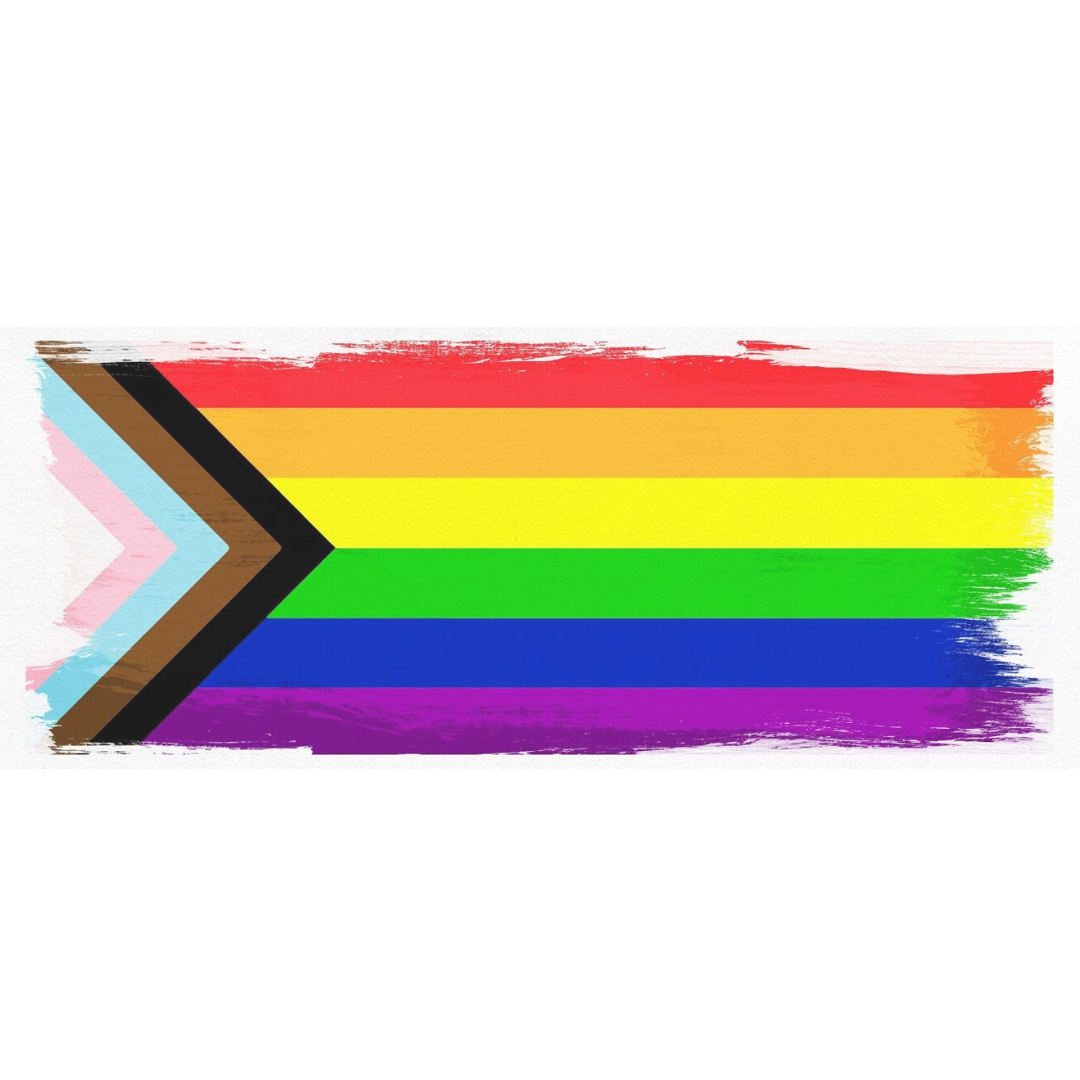Gift Card Drive
Lifeline is committed to keeping our families, staff, volunteers and our community safe. In light of the recent shutdowns, we have determined that gift cards will play an even bigger role in helping our families during this uncertain and difficult time. Gift cards for grocery, gas, and takeout are the most needed. Gift cards of any amount can be mailed to our office at200 Michigan Ave, Vista CA 92084.If you do not feel comfortable with traveling at this time, we would be happy to purchase the gift cards for you. Simply fill out the donation form on our website. As we receive gift card donations, we will work with our case managers and social workers for disbursement to our families.Thank you for supporting the community! Gift cards to the following businesses are greatly appreciated: Walmart andTarget Grocery Stores (Albertsons,Stater Bros,Food 4 Less, Trader Joe's) Gas Stations (Shell,Arco, Chevron) Apple Store andGoogle Play Store Amazon Restaurants and Fast Food (Starbucks, Subway,McDonald's,Burger King,In-N-Out,Chipotle,Panera) Petco and Petsmart Uber andLyft Sephora,Ulta, andMAC
Holiday Hope Kits
Adopt LifeSpring youth and young adults experiencing homelesness by giving a Holiday Hope Kit. Holiday Hope Kits have essentialand therapeuticitems for youthand young adults experiencing various levels of homelessness.These items include but are not limited to: Wal-Mart & assorted fast food gift cards such as Starbucks, McDonald's, Wendy's, etc. Beanie, fleece blanket, socks, & gloves Outdoor cooking gear, portable heater, & lamp Sleeping bag, blow up cot, & tent Coloring books, color pencils & pencil sharpener Chapstick & other skin care items Headphones Prepackaged, non-perishable snacks You can collect gift cards and drop them off at our Vista campus and shop directly from our Amazon Wish Listfor the other items.For more information please contact give@nclifeline.org or 760-842-6273.
Adopt-a-Family 2020!
Adopt-a-FamilyFrequently Asked Questions Learn More about Lifeline's Annual Holiday Giving Campaign What is Adopt-a-Family? Adopt-a-Family is a holiday giving program designed to help low-income families who are Lifeline clients celebrate the holiday season by connecting them with local businesses, organizations, and individuals who “adopt” them. How are families selected for Adopt-a-Family? All families who are adopted are Lifeline clients and are nominated by Lifeline staff for their hard work and dedication to becoming self-sufficient. This includes families who have experienced homelessness, youth who have aged out of foster care, youth participating in juvenile diversion programs, survivors of human trafficking, and others. These families are low income or face economic challenges on a daily basis. Will I get a chance to meet my family? Due to the nature of services Lifeline provides and in order to best respect this confidentiality, we do not allow donors to meet the family(ies) and will not provide donors with more than first names of family members. Lifeline strives to give our clients the dignity and confidentiality they deserve. Thank you for your support and respecting the privacy of our clients. How does it work? Complete the Adopt-a-Family interest form to get started. Then, Lifeline will match you with a Lifeline family and provide you with a personalized list of the things they need most, as well as wish items for the holidays. Then, you deliver the gifts no later than December 14th, 2020 to Lifeline’s Vista Campus. Lifeline staff arranges the delivery of gifts, and can include a personal message from you and your own household or group if you wish. Donors will receive a thank you note from their recipient family. This year, because of COVID-19 and in an effort to maintain as little physical contact as possible, we are encouraging donors to use our online donation option, if they wish, so that families can purchase their own gifts. We will also be taking extra precautions for those who wish to continue to purchase gifts and deliver them to Lifeline. How much does it cost to adopt a family? Over the years, we have determined that donors on average spend between $75-100 per individual. If you want to make your gift go as far as possible, please contact us. We can match you with a larger or smaller family to meet your budget. You can also adopt a family as a group of two or more donors who give together to sponsor a family. Or, you can donate gift cards which are helpful in providing basic needs for families. Can I donate used items? We do not accept donations of used goods for the holiday season. All gifts and donations must be new. Can I adopt multiple families? Yes, you can adopt as many families as you wish as long as you can provide the same level of commitment to each family. Can my group adopt a family? Yes! The Adopt-a-Family program is a great opportunity for schools, faith groups, businesses, and other organizations. Groups are often able to adopt multiple families or larger families, which are typically more difficult to match. When and where should I deliver gifts? Due to COVID-19, this year we will not be hosting our annual Drop-off Party. Instead, we will be accepting gifts November 30-December 14 during designated drop off times at our Vista Campus. More information and details to come. How should the items be delivered? Should we wrap the gifts? This year we ask that ALL gifts be unwrapped. We encourage donors to include gift-wrapping with the donation so that families can wrap presents themselves. We ask that you deliver your gifts in large bins, boxes, or bags so we can ensure your items stay together. It is helpful, but not required, to separate gifts for each family member into their own box/bin/ bag. Most importantly: make sure the recipient’s name and family code are clearly labeled on all gifts. Once all of your gifts are labeled and placed in boxes/bins/ bags, please label the container with the family code and list how many boxes you have for the family. For example if there are 3 total boxes: Box 1 of 3, Box 2 of 3, Box 3 of 3, etc. If you have more than one family, please use separate boxes for each family. *if you include Gift Cards, please make sure they are activated at time of drop off. To ensure they do not get lost, please put them in one envelope, clearly labeled with the intended recipient, and write the family code on the envelope.* What if I can’t follow through with my adoption? If you are unable to follow through with your adoption, please contact us immediately. We will need to make other arrangements for the family. I can’t adopt a family, but I still want to donate and/or volunteer my time. How can I help? We always appreciate any donation to Lifeline! Please visit this page to learn about the various ways you can help. Gift cards of any denomination and stores are used to support a family who either hasn’t been adopted, or who needs a little extra support. We also have an Amazon wish list with items needed specifically for Adopt a Family such as wrapping paper and supplies, gift bags, Christmas trees and decorations, etc. Throughout the first 2 weeks of December, we need dozens of volunteers! Contact us if you would like to volunteer—bring family, friends, co-workers, the more the merrier! We will of course be following safety recommendations and protocols to prevent the spread COVID-19. Is my donation tax deductible? Adopt-a-Family gifts and donations can be tax-deductible. You will receive a thank you letter in January describing your participation in the program; only gift cards or cash donations will be given their corresponding dollar value in the letter. Keep your receipts as backup for in-kind donations so you can attach those to the letter for tax purposes. Our tax ID Number is 95-2794253. Have a question that wasn’t answered here? Email give@nclifeline.org or contact 760-842-6254.
2020 Lifeline Awards
Thank you to everyone who joined us for our virtual 2020 Lifeline Awards. If you missed itor would like to watch again, click the link below to watch the recording. Watch the Recording!
Did You Miss Our Ask the Experts: Human Trafficking Webinar
Ask the Experts: Human Trafficking Watch Now!
Give the Gift of Education
COVID-19 Brings New Barriers to Academic Success Even with the number of COVID-19 cases on the rise, uncertainty about howschools will operate this fall, and the financial burdens of our weakened economy, families across the nation are beginningto prepare for the upcoming school year. The start of the school year traditionally brings new teachers, classroom friends, and new opportunities for academic and extracurricular success, but this school year has a different feel already. We are in the midst of a global pandemic, and for many of the families we serve, the anxiety and stress over the looming costs associated with sending a child back to school weigh heavy on them.Our youth and young adults heading back to school need your help now more than ever. According to the National Retail Federation, the average U.S household can expect to spend$789.49per child on back to school essentials this year. If you take into account the hybrid (modified in-person learning mixed with online components) and distance learning models many school districts have proposed, that number can be expected to almost double! Most county schools are not at a 1:1 ratio for devices, so the burden of providing Chromebooks and tablets for online learning will fall back onto the families.The AnnualBackpack Index, performed by Huntington Bank, shows the school supply cost breakdown for elementary, middle, and high school students. For many families the choice may be between paying their rent or purchasing school supplies...and for some families the choice could be between purchasing food and basic needs items or purchasing school supplies. For students from low-income families, having all of the necessary supplies at the beginning of the school year helps to remove barriers to learning and sets them on a level playing field with their peers. Online learning has it's own set of challenges, and we are committed to helping the youth in all of our community-based programs start the year off right. Please join us by donating new Chromebooks, earbuds, backpacks and school essentials, or by hosting your own backpack and school supply drive, now through August 10th. Every donation makes a difference in the lives and education of the youth and young adults we serve! Donate Today
LGBTQ+ Pride
What is LGBTQ+ Pride? Just as one definition of the word implies, for members of the Lesbian, Gay, Transgender, and Queer (LGBTQ+) community, Pride month signifies the “confidence and self-respect as expressed by members of a group, typically one that has been socially marginalized, on the basis of their shared identity, culture, and experience.” In 1969, due to Sodomy Laws, it was a criminal offense to be openly gay in most states. Despite that fact, there were still several bars in New York City that catered primarily to LGBTQ+ clientele. One such bar was the Stonewall Inn. It was owned by the mafia and operated without a liquor license. The Stonewall Inn was often the target of raids and police brutality of its patrons and employees alike. In the early hours of June 28th during a raid on the establishment, plain clothed officers obtained a warrant to investigate the unlawful sale of alcohol on the premises and sparked a six-day confrontation between police and LGBTQ+ protestors. This chain of events, known as The Stonewall Uprising has changed the social landscape of the United States and members of the gay community forever. By sunset on June 28, 1969, thousands of protestors had gathered outside of The Stonewall Inn to support the gay men, lesbians, drag queens, queer youth, transgender and gender non-conforming people whose rights had been denied solely based on their sexual orientation. A movement for LGBTQ+ equality, acceptance, and acknowledgement in mainstream society began at the Stonewall Inn and has continued to this day. Pride celebrates the progress that has been made for LGBTQ+ rights and that love, no matter the parties involved, is love. Since the first Pride March was held in New York City in 1970, communities around the world have designated June as Pride month to celebrate the history, culture, triumphs, and achievements of the LGBTQ+ community. At Lifeline Community Services, it’s important for us to recognize that our connection to the LGBTQ+ community goes beyond just the clients we serve. At our core, we are an organization which thrives upon the power of diversity, and we take great pride in the contributions to our programs from staff members, volunteers, and partners in the LGBTQ+ community. We understand the statistics which show that LGBTQ+ youth and young adults are at a greater risk for homelessness, and human trafficking. Our prevention and intervention programs help to lower these risks and establish self-reliance for LGBTQ+ youth and adults who have experienced trauma from human trafficking, are exiting the foster care system, recovering from addiction, or are in need of treatment for mental health issues. We are a Safe Zone for all. “LGBTQ+ people like myself are very aware of the fact that we live in a heteronormative society and will often choose not to disclose their sexuality at work and hide their private lives from their colleagues due to fear of not being accepted and/or being discriminated against. I have worked for Lifeline Community Services for 5 years and have always felt seen, heard, and supported. Lifeline Community Services has taken a pledge to support their employees irrespective of their gender or sexuality and they have created an inclusive atmosphere, which has provided a safe space for me to be ME. I don’t have to hide who I am”. -Kristen Carvajal-Witek, LifeSpring Program Manager “I’m proud to work for Lifeline and Project LIFE as a queer, non-binary staff member as we work to help LGBTQIA+ folx recover from trafficking and exploitation. I’m proud to work for an agency that values my identities and community”. – Kathleen Thomas, Project LIFE Clinical Training Coordinator “I heard about the drop-in center and needed help, but was scared to come in because of the way I look. I am a trans woman and I experience so many people who treat me different because of the way I look. I saw the sign on the door with the rainbow and that was a relief. I walked in and everyone there was so nice and welcoming. I feel comfortable in the house and they help me a lot” – The House Drop-in center youth Despite the impact of COVID-19 affecting every demographic worldwide and a time of palpable civil unrest, we are reminded of the origins of Pride month. A painful beginning and decades of trials have brought noticeable progress for the LGBTQ+ community, but we understand that there is still progress to be made. This June 28, 2020 marks the 50th anniversary of annual Pride traditions, and we hope you will join with us in celebrating this day! The number of large, in-person events is limited this year due to COVID-19, but there are still celebrations happening online throughout the world. San Diego Pride Month is in full swing with educational, celebratory, and fitness events taking place well beyond June. Lifeline Community Services joins our community partners in support and celebration of the LGBTQ+ community. We will continue to lend our voice and services to educate our staff, volunteers, and stakeholders on LGBTQ+ issues. The only acceptable outcome is that love wins!
